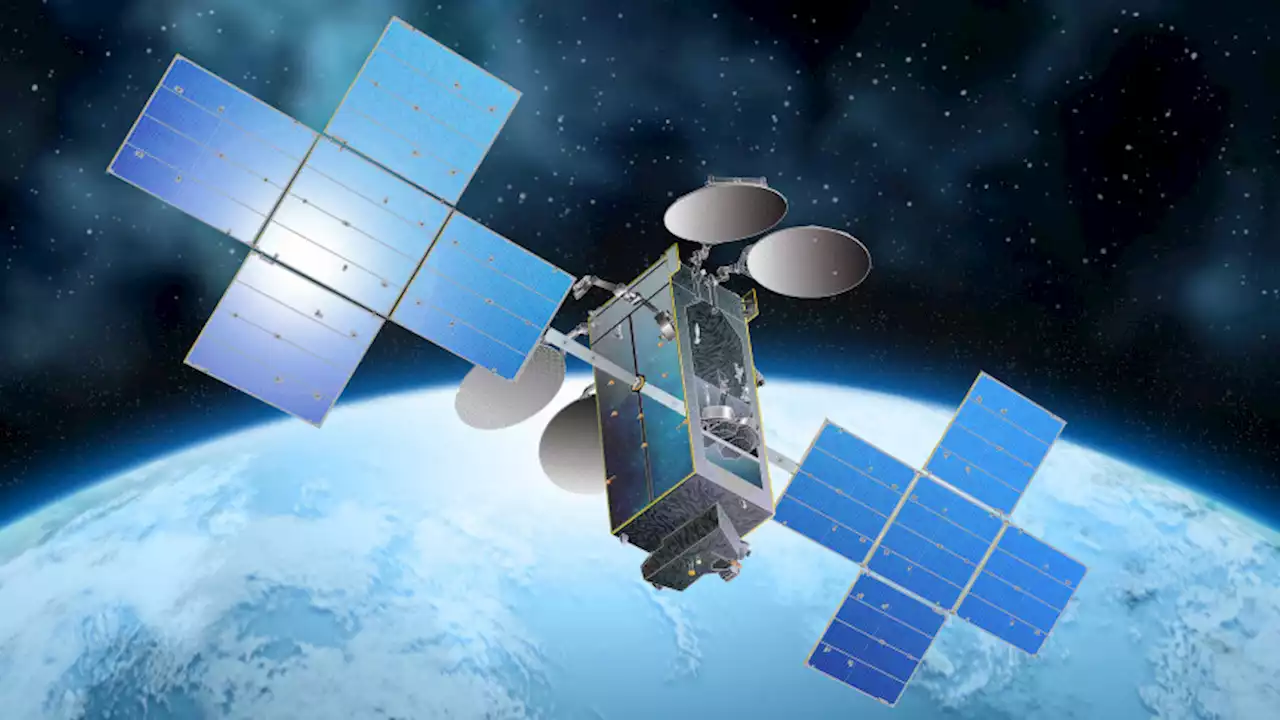'Frequent future rocket launches could have a significant cumulative effect on climate.'
The researchers behind the new study are bringing the problem into sharper focus by modeling the exhaust from the nine nozzles of a Falcon 9 rocket as it launches into space. These simulations incorporate data about the rocket and its propellant with equations that describe how gases behave under various conditions. Thanks to some serious computing power, the researchers were able to predict how exhaust behaves after exiting the nozzles, at increments of roughly 0.6 miles in altitude.
They found that the amount of total exhaust is"negligible" compared to the air around it, even at high altitudes. That's a surprise because the atmosphere is much less dense at higher altitudes. According to their calculations, the amount of exhaust released by a Falcon 9 as it travels between 70 km and 70.99 km is just one-fourteenth the amount of mass found in one cubic kilometer of air at that altitude.
It's more than CO2."Perhaps even more crucially, the [amount of] carbon monoxide and water [in rocket exhaust] are of a similar order as carbon dioxide," the authors write. That's a concern because there's hardly any carbon monoxide or water high in the atmosphere."Therefore, these compounds’ emissions at high altitudes introduce an even more significant contribution/rise to the existing, if any, trace amounts already present.
The problem of pollution from rockets slowly coming into clearer focus, and it's being taken seriously in high places. Later this year, the World Meteorological Organization and the UN Environmental Program will release new a report that summarizes how rocket emissions deplete ozone. With any luck, this attention will cause atmospheric pollution to become a key factor in the
Norge Siste Nytt, Norge Overskrifter
Similar News:Du kan også lese nyheter som ligner på denne som vi har samlet inn fra andre nyhetskilder.
 A SpaceX Falcon Heavy will launch the heaviest satellite in history early next yearAt 9.2 tons, SpaceX's Falcon Heavy rocket will carry the largest spacecraft to ever launch to geostationary orbit.
A SpaceX Falcon Heavy will launch the heaviest satellite in history early next yearAt 9.2 tons, SpaceX's Falcon Heavy rocket will carry the largest spacecraft to ever launch to geostationary orbit.
Les mer »
 A SpaceX Falcon Heavy will launch the heaviest satellite in history early next yearAt 9.2 tons, SpaceX's Falcon Heavy rocket will carry the largest spacecraft to ever launch to geostationary orbit.
A SpaceX Falcon Heavy will launch the heaviest satellite in history early next yearAt 9.2 tons, SpaceX's Falcon Heavy rocket will carry the largest spacecraft to ever launch to geostationary orbit.
Les mer »
 Air Force makes history with successful launch of new hypersonic weapon: 'Game-changing'The United States Air Force conducted the successful launch of a hypersonic weapon off the coast of California this weekend, a spokesperson said.
Air Force makes history with successful launch of new hypersonic weapon: 'Game-changing'The United States Air Force conducted the successful launch of a hypersonic weapon off the coast of California this weekend, a spokesperson said.
Les mer »
 A’s struggle at the plate again in series-opening loss to TwinsThe A’s are the first team since the 1910 White Sox to hit below .200 through at least 38 games.
A’s struggle at the plate again in series-opening loss to TwinsThe A’s are the first team since the 1910 White Sox to hit below .200 through at least 38 games.
Les mer »
